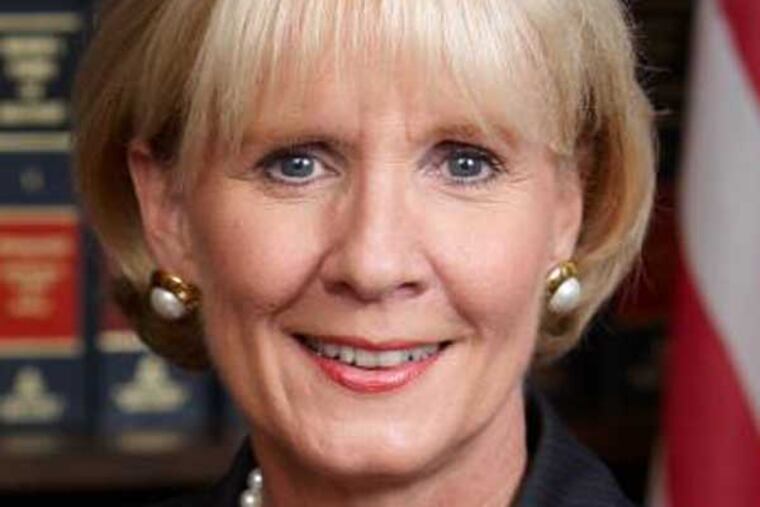Who really benefits from illegal marijuana in New Jersey?

When a little known committee dismissed a complaint filed against a New Jersey Assemblywoman, it shined some rare sunlight on an industry raking in a healthy profit from marijuana prohibition: Substance abuse prevention and treatment centers.
Prevention First spent more than $1 million in 2011 to pay their staff, consultants and professional service fees: $91,526 went to its executive director, Mary Pat Angelini, as salary. Angelini also pulls in a base salary of $49,000 from the state for her parttime gig as an assemblywoman.
The New Jersey Compassionate Use Medical Marijuana Act was signed into law back in 2010 but implementation of the extremely limited Medicinal Marijuana Program (MMP) has been significantly delayed. About 1,000 patients have registered with the MMP out of a patient population well over 300,000 statewide. The single Alternative Treatment Center allowed to start growing cannabis for those patients has now been closed for more than eight weeks.
Many residents with qualifying medical conditions use cannabis purchased in the underground marijuana market; sometimes they are arrested. Patients caught by police with underground marijuana in New Jersey (even those registered in the program with state-issued ID cards) are given no immunity by police or the court system. They are prosecuted and treated like any other offender.
Angelini is the singular public voice of absolute opposition to the compassionate use law. She has written numerous opinion pieces for newspapers and submitted many Letters to the Editor. When addressing the issue of medical cannabis in public forums, Angelini always uses her dual titles as an elected official and director of Prevention First.
There are more than 20,000 marijuana possession arrests each year in New Jersey; about half of all drug-related arrests in the state. Those arrested for marijuana are often given the option to complete substance abuse treatment/education programs - often at their own expense - as part of plea agreements with courts and prosecutors in exchange for lesser charges, reduced sentences and/or fines. Thus marijuana offenders are often required to seek out third party information about available treatment options to satisfy the courts.
Now some cannabis prohibition offenders (even if they are consuming it medicinally) can be remanded by judges into mandatory substance abuse treatment programs under Senate Bill 881.
SB 881 has also made more than $1 million in state money available (in the just the pilot phase) for "substance abuse" services at facilities certified and approved by the N.J. Department of Human Services.
Cannabis toxicity is low or non-existent and even the National Institute of Drug Abuse, a federal agency, rates its addictive qualities as less than caffeine and nicotine. When used as part of a medical therapy for serious illnesses, marijuana is not being used illicitly and its use by New Jersey residents should be outside of the concern of Prevention First or any other business in the addiction field.
Angelini and Prevention First have taken millions of dollars under the banner of substance abuse, showcasing just how easy it is for her industry to profit from drug prohibition offenders; mainly marijuana consumers. This money-making scheme, funded by taxpayers, is legal and institutionally ethical.
Philly420's Chris Goldstein smoked his first joint in 1994 and has been working to legalize marijuana ever since. He serves on the Board of Directors at PhillyNORML has been covering cannabis news for over a decade. Contact Goldstein at chris@freedomisgreen.com or on Twitter @freedomisgreen